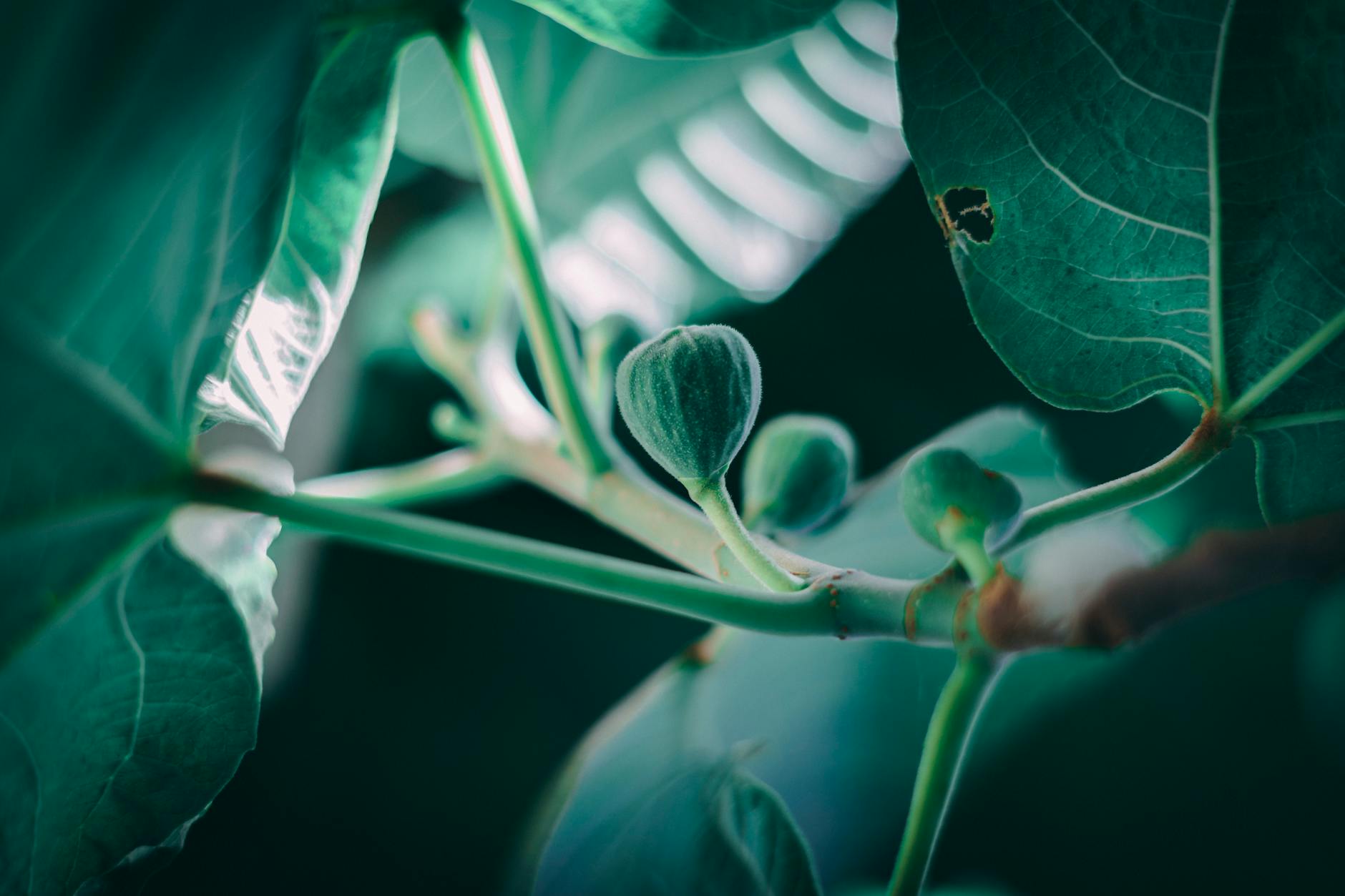As humans, we have always sought solutions from nature, and nowhere is this better exemplified than our long and intricate relationship with plant medicines. Known to possess healing properties and spiritual revelations, plant medicines offer us insight into our physical, mental, and spiritual health. Traditions passed down from our ancestors, many in the realm of indigenous people, plant medicines such as ayahuasca, peyote, and iboga have long been used with respect and reverence.
Plant medicines, frequently classified as entheogens, are derived from botanical sources and are known to induce a spiritual or mystical experience. Often, the use of these plant compounds is deeply interwoven with indigenous and shamanic practices, with sacred rituals designed to usher individuals into an altered state of consciousness that offers potential peace, healing, and realignment.
Ayahuasca, a potent brew derived from the Banisteriopsis caapi vine and other plants, has been central to many indigenous traditions in the Amazon forest regions. Its ceremonial use, guided by shamanic practitioners, is believed to open a gateway to spiritual realms and other dimensions providing insight, clarity, and healing. People who participate in ayahuasca ceremonies often report profound emotional and psychological improvements, suggesting potential therapeutic applications for mental health complications.
Peyote, another well-known plant medicine, is derived from a spineless cactus, Lophophora williamsii. Revered in many Native American cultures, particularly in the Huichol culture, peyote is used to induce visions and spiritual healing during sacred rituals. The peyote ceremony is considered among the cornerstones of their faith, facilitating an inner exploration intended to bring enlightenment and healing.
In Africa, meanwhile, tribes have used a shrub called Tabernanthe iboga for millennia. Iboga is regarded as a powerful agent of spiritual healing and self-discovery in the Bwiti religion, where the plant not only is a source of spirituality but also serves as a rite of passage and conduit for communing with ancestors. Ibogaine, one of the alkaloids derived from iboga, is presently being researched for its potential efficacy in treating substance use disorders, shedding light on the plant’s therapeutic potential.
These plant medicines, and many others worldwide, offer an intimate connection to our roots and the natural world we inhabit. Long before modern medicine, ancient cultures were harnessing the world’s flora for its therapeutic potentials, intimately woven into the societal fabric via sacred ceremonies and shamanic practices.
Today, the western world has caught onto this, and there is a rising interest in plant medicines as forms of alternative therapy. Research continues into how these substances work and their potential therapeutic applications, with particular interest in mental health treatments. While steps need to be taken to ensure that the use of these plant medicines is respectful and mindful of culturally sensitive traditions, incorporating them into modern medicine could lead to a more holistic healthcare approach.
Exploring plant medicines should come with due respect, understanding, and reverence for the ancient traditions that have nurtured this knowledge for centuries. It is crucial to approach these practices with an open mind, a sense of humility, and an unwavering commitment to sustainability and respect for indigenous rights.
In conclusion, plant medicines offer us an extraordinary view into mankind’s history, spirituality, and collective wisdom. As we navigate our journey into the world of these beautiful botanicals, let us never forget the ancestral wisdom and sacred rituals that have accompanied humanity for countless generations.
These potent plants continue to demonstrate that as long as we’re willing to delve back into our roots, respect other cultures, and approach with open hearts and minds, nature, in all her wisdom, has a phenomenal amount to teach us.




